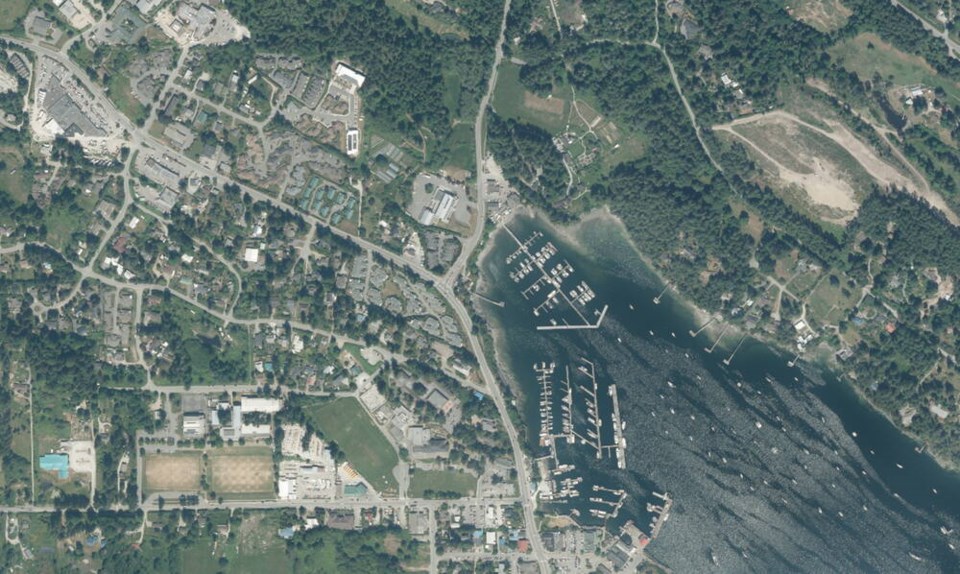A commentary by a Salt Spring resident who is a journalism professor at the University of Victoria
Good journalism is sunlight. Bad politics hides in the dark. Last week we learned — only because it was reported in The Driftwood, Salt Spring Island’s award-winning newspaper of record — that to save a few thousand bucks from an $11-million budget, the Islands Trust will no longer require itself to publish public notices in print.
Our trustees now deem their own clogged website and American-owned Facebook to be all that’s needed. This on small islands where many residents were born before the internet, where others lack stable access, and where the power is sometimes off for days.
Public notices are a cornerstone of democracy. They are meant to inform us about important meetings, development permits and rezoning applications. We also learned (again, only thanks to The Driftwood) that the Trust spends some $450,000 a year facilitating development permits, of which developers pay merely one tenth. Taxpayers cover 90 percent.
Why are residents subsidizing a development boom, especially in a protected area? Only independent local media are likely to tell us.
This Trust council chooses to make key decisions behind closed doors, most notoriously its September 2023 “in-camera” re-interpretation of the Islands Trust Act to “preserve and protect” such “unique amenities” as tourism, infrastructure, and anything else they might decide.
Abolishing the longstanding requirement to print public notices in the newspaper may not even be lawful. B.C. regulations for public notices state clearly that the means of publication should be “reliable” and “provide factual information.”
Is Facebook, which we’re now being offered, reliable? Facebook has already made it clear it’s not in the business of providing factual information.
In August 2023, the tech giant blocked access to news on Facebook and Instagram for users in Canada. More recently, soon after its CEO dined with Trump at Mar-a-Lago, it scrapped its fact-checking department.
We’re lucky to have a newspaper here on the Gulf Islands, reporting not only on our health care, schools and politics, but on swim-meets, cougar sightings, community arts, music and books.
A recent investigation by journalism professor April Lindgren, published in The Walrus, tracked the loss of 529 local news outlets across Canada since 2008. In “Local News Is Dying. The Consequences Are Worse than You Think,” Lindgren found that rumours, paranoia, and social divisiveness typically follow the death of a local paper, as people rely on hearsay and fight on social media.
Residents are left less informed, less involved and less connected. Some politicians may prefer this, but it doesn’t make for healthy communities.
No doubt trustees will argue they will also be posting notices on the Islands Trust website. But provincial legislation says public notices should be “accessible” and “easily found.” Those who believe information on the Trust website is easily found have obviously never tried to find something there.
Important information has even been known to disappear, such as the 14 hours of recorded Trust council debate from the September 2024 meetings where trustees discussed the controversial new Trust Policy Statement (TPS) that will affect all islands.
The new TPS, and Salt Spring’s Official Community Plan revisions, are beginning the community input stage — the only chance residents will get to have a say.
It’s no secret that some trustees have been unhappy with Driftwood coverage of their activities. But starving our local paper while calling for “public engagement” looks like a cynical attack on the public’s right to know.
It will only add to a growing mistrust of the sweeping changes being proposed. Mayne, Saturna, and North Pender have already jumped to the new “model” of abolishing print notices. Salt Spring hasn’t, for now. But the threat is there.
>>> To comment on this article, write a letter to the editor: [email protected]



